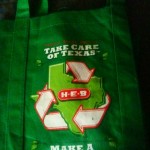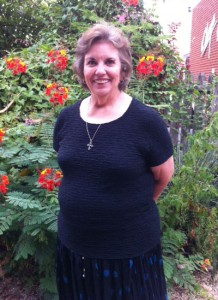Saturday, March 24, 2018, a date to remember; the day I took a walk on the wild side again with March for Our Lives. People of all ages, especially young people, took to the streets of America to insist on common sense in those who govern–or else. And I was out there with them! They aren’t out to ban all guns; they just want them to be as regulated as decongestants are. I admit I want to keep military grade weapons out of the hands of all civilians. You don’t hunt anything with an assault rifle but human beings.
A little background. I just turned Almost 70. The last time I marched in a protest I was 21. It was May, 1970, and I was outraged over the Kent State Massacre. I was no stranger to protesting then, although I’ll admit most of my demonstrations were more like pranks than assault and battery. An African-American guy friend and I brought on tachycardia in more than one chaperone by showing up at university mixers together. I carefully noted the responses to my strolls across campus with Jerry Rubin’s Do It! under my arm, cover out, with an arrogant scowl on my face. (Actually, I never managed to read his book all the way through. Really bad writing.)
Fast forward 48 years. My guy friend was a senior editor and later associate publisher of a major northwest newspaper and has passed. Jerry Rubin became an entrepreneur. I have five grandchildren and am best known as Grammy. I’ve had two knee replacements on the same knee, back problems, and I use a cane sometimes. Saturday afternoon was a homecoming for me.
Although I don’t live in Georgetown, perhaps the Reddest Town in Texas, I spend a lot of time there. I’ve belonged to the San Gabriel Writers League for about 20 years, and have friends there. I was contacted by Jeanell Bolton, a friend from the league and successful romance author, asking me to come to the March for Our Lives demonstration she was organizing for Saturday. Fortuitously, I was going to be in Gtown on other business anyway, so I agreed, contingent on my physical condition two weeks hence. We were to meet at the Williamson County Courthouse on the square at 2:00 pm. I figured I surely could make it around the square for a cause I care about, assuming I could find a parking place closeby
A little before 2:00 I sat on a bench and awaited the deluge. Jeanell and her husband arrived, “Never Again” poster in hand, then friend and political soul sister Jane Thompson showed up, and I was there with my cane. That was it. Lesser folk would have folded their tents and slinked away. But not us. We looked like the “small but determined group” that showed up at WKRP to protest the change of format to rock and roll. We were not to be gainsaid. And still we persisted.
The Williamson Country Sun newspaper sent a reporter–across the street–to take pictures and interview us. She was a Sweet Young Thing who looked enough like a flower child to fit right in with our Sixties motif. She held her own with a het-up group of senior citizens (median age was about 75) and seemed genuinely interested in our Crusade. I can’t wait to see the story.
We started off around the square, pausing for Jeanell to talk to anyone we passed about why we were doing what we were doing. People were unfailingly polite, if a bit bemused. I guess they respect their elders in Gtown. The highpoint for me was watching Jeanell try to explain her sign to a couple of conservative grackles on the lawn, who kept moving away from her. One lady from a squareside boutique even brought us little bottles of ice water and thanked us for doing this. I’m convinced that water enabled our second lap around the courthouse before we all decided we’d made our point.
As we prepared to go our separate ways, tired but happy, we hugged and thanked each other for coming. My cane and I moved off to my car parked nearby, and I must have presented a distinguished, perhaps even regal, image as I crossed two intersections, because traffic stopped for me and no one ran me down.
I’ll admit my body felt Almost 70, but my heart felt 21 again.

